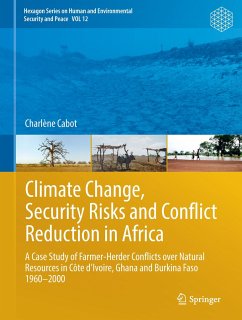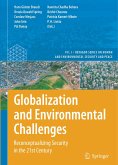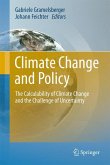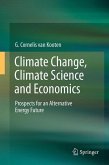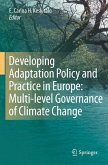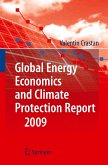Millionsof people are already affected by weather-related shocks every year in WestAfrica and climate change is highly likely to increase these threats. In thewake of climate change, rising temperatures, increasingly irregular rainfalland more frequent natural hazards will endanger the ways of life of vulnerablepopulation groups in this region and destabilize their human security. A surgein violence and conflicts could take place. One of the conflict constellationscould be between farmers and herders. These groups are highly vulnerable toclimate change due to their dependence on natural resources Millions of people are already affected by weather-related shocks every year in West Africa and climate change is highly likely to increase these threats. In the wake of climate change, rising temperatures, increasingly irregular rainfall and more frequent natural hazards will endanger the ways of life of vulnerable population groups in this region and destabilize their human security.A surge in violence and conflicts could take place. One of the conflict constellations could be between farmers and herders. These groups are highly vulnerable to climate change due to their dependence on natural resources for their subsistence. Furthermore, they are historically prone to enter into conflict over issues of access to natural resources. However, social, economic and political circumstances fundamentally influence environmental conflicts. There might thus be opportunities to face the societal challenges of climate change in a peaceful way and the political and institutional framework could play an important role in reducing conflict and violence. In order to explore such a path, this study analyses the potential of political factors (policies and institutions) for the reduction of climate-change-induced or aggravated conflicts between farmers and herders. After a theoretical demonstration, a case study of agro-pastoral conflicts in Burkina Faso, Côte d'Ivoire, andGhana is conducted. theirsubsistence. Furthermore, they are historically prone to enter into conflictover issues of access to natural resources. However, social, economic andpolitical circumstances fundamentally influence environmental conflicts. Theremight thus be opportunities to face the societal challenges of climate changein a peaceful way and the political and institutional framework could play animportant role in reducing conflict and violence. In order to explore such apath, this study analyses the potential of political factors (policies and institutions)for the reduction of climate-change-induced or aggravated conflicts betweenfarmers and herders. After a theoretical demonstration, a case study ofagro-pastoral conflicts in Burkina Faso, Côte d'Ivoire, and Ghana is conducted.
Bitte wählen Sie Ihr Anliegen aus.
Rechnungen
Retourenschein anfordern
Bestellstatus
Storno

